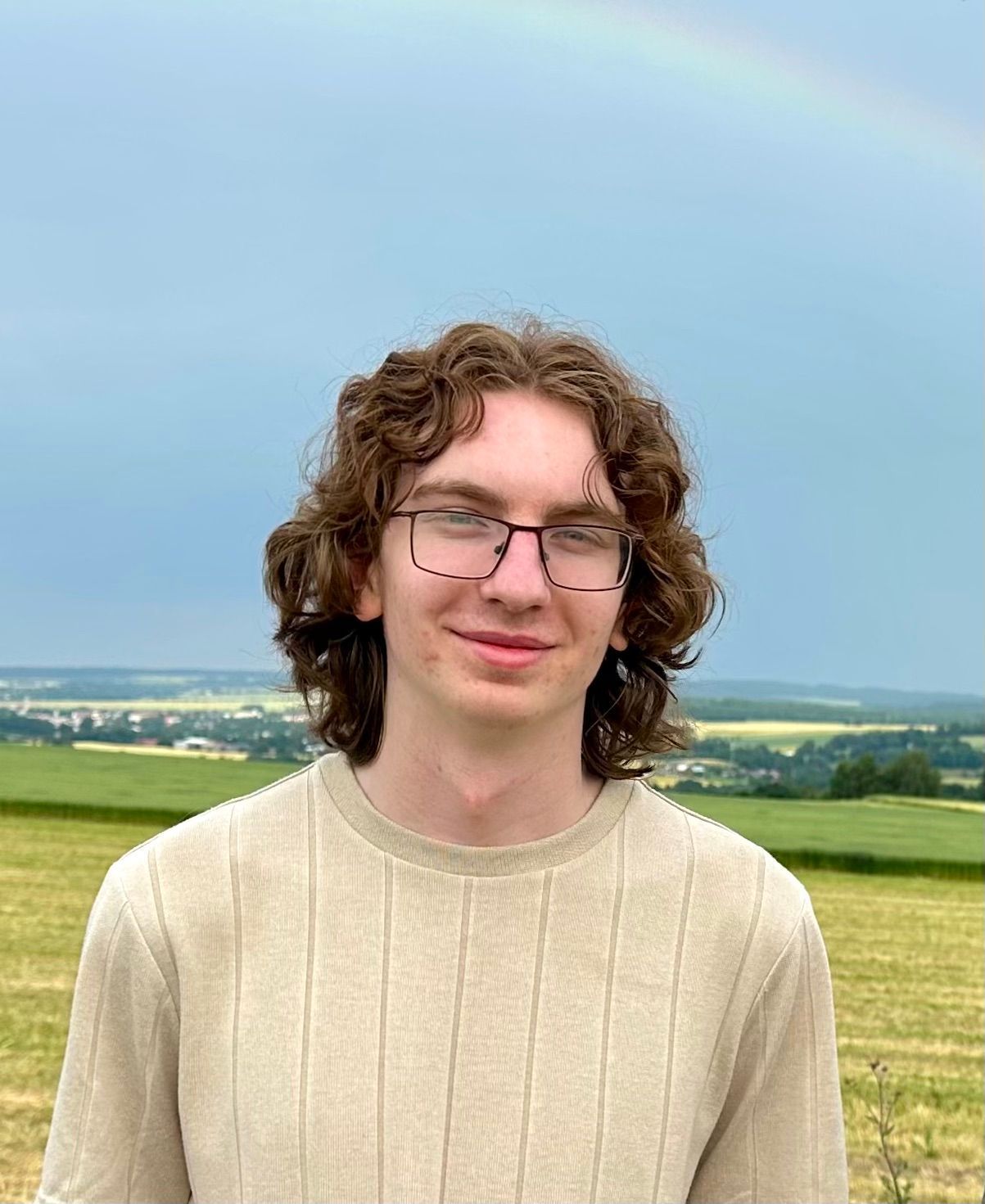In the liberal college town of Chapel Hill, North Carolina, 16-year-old Dominik Bryant has discovered something his politically homogeneous high school couldn't teach him: the danger of ideological isolation. As a junior who has spent many years immersed in theater, music, and Model UN, Dominik brings a performer's eye to political analysis—and what he sees concerns him.
"The greatest danger to our democracy is not disagreement," he argues in his category-winning speech. "It's the belief that disagreement makes someone your enemy." This insight didn't come from textbooks or campaign rallies, but from watching classmates ostracize peers whose parents voted differently. Dominik witnessed political polarization tearing apart friend groups—a microcosm of national dysfunction that sparked his mission to bridge divides.
As president of his school's Model UN club, Dominik and his fellow leaders have led their team to become what he proudly calls "the best Model UN team in North Carolina." But his proudest moments aren't about trophies—they're about transformation. "Helping people individually grow from being the shy person they are to winning an award that same year," he explains, describing the rewarding journey of watching students develop confidence through public speaking.
This intersection of performance and politics isn't coincidental for Dominik. His theater training, culminating in acceptance to the prestigious Royal Academy of Dramatic Arts summer program, has taught him to see beyond surface-level motivations. "You start to understand why people do things they do in a little bit of an uncanny way," he reflects. "If you start to see that in a play, then you really start to see it in the real world too." His theater teacher serves as a key mentor, reshaping his worldview by demonstrating the complexity of people and situations. This perspective proves invaluable in political analysis, where Dominik applies an actor's skill for understanding character motivation to decode policy positions and partisan behavior.
The son of UNC professors, Dominik has grown up in an academic environment that values intellectual rigor and critical thinking. His diverse interests—from jazz to volunteering to teach elementary students about ecosystems—reflect a multifaceted approach to learning that he believes is essential for effective leadership. His political awakening came through witnessing polarization firsthand, both locally and nationally. He points to recent gun reform legislation that failed "by a couple votes because people didn't want to be seen siding with Democrats." The policy itself became secondary to partisan optics, illustrating what Dominik sees as a fundamental breakdown in American governance.
His solution involves three interconnected approaches: dismantling the two-party system, reducing income inequality, and decreasing divisive discussion. While he acknowledges the social aspect is "the hardest to change because there's no clear path forward," he advocates starting with economic reforms as the most feasible entry point.
"When we level the economic playing field, politics becomes more of a dialogue to improve and less of a fight for survival," he argues, drawing connections between class struggle and political dysfunction. His analysis points to campaign finance as a root cause: "If votes can be bought instead of earned, then there's a fundamental problem with how we talk about campaign finance."
Dominik's approach emphasizes learning from international examples rather than American exceptionalism. His research into European political systems revealed practical models for proportional voting and coalition governance. "We have dozens of case studies," he notes, "but it's just the fact that what it takes to affect change is a much larger hill to climb than the actual change itself." This practical idealism extends to his view of youth engagement. Rather than waiting for others to act, he advocates being "the catalyst for change" because "if not you, then who?" His Model UN experience reinforces this philosophy, teaching him that compromise and collaboration require understanding multiple perspectives—skills his theater background amplifies.
The performing arts remain central to his identity and future plans. "I think a lot of theater is politics at its core," he observes. "Theater is generally used to create change in the world, whether it be through political message or changing culture in general." This dual passion for stage and statecraft isn't contradictory—it's complementary, offering tools for both understanding and influencing human behavior. As someone who values honesty and dedication above all else, Dominik sees work ethic as "what drives change" and "gets you out of bed in the morning." His commitment to doing "the hard work that needs to be done" reflects both his theatrical training—where preparation and practice determine performance quality—and his political aspirations, where sustainable change requires persistent effort.
His advice for fellow young people is characteristically direct: "Be the action, be the change, and work towards your goals, because that's the only way to actually get there." He understands that "the more sparks there are, the larger the fire will be," emphasizing collective action over individual heroics.
As he prepares for college and continued civic engagement, Dominik represents a generation that refuses to accept dysfunction as normal. Armed with theatrical insight and political acumen, he's working to write a different script for American democracy—one where disagreement doesn't require enmity, and where diverse voices contribute to a more compelling collective story.
View his Category-Winning submission here.

Dominik Bryant, Speech Category Winner — Summer 2025 ChallengeUS Future Leaders Competition
[Photo/Courtesy of Bryant]

